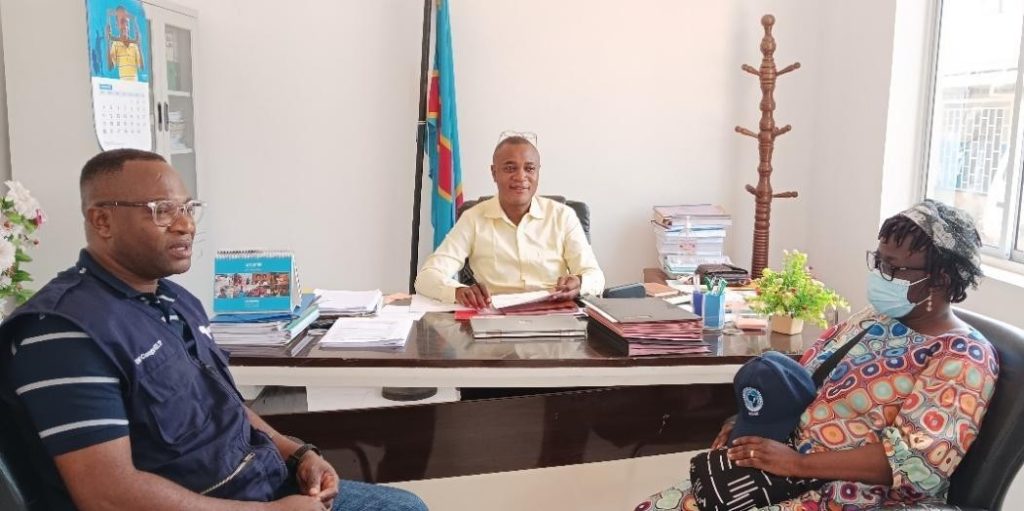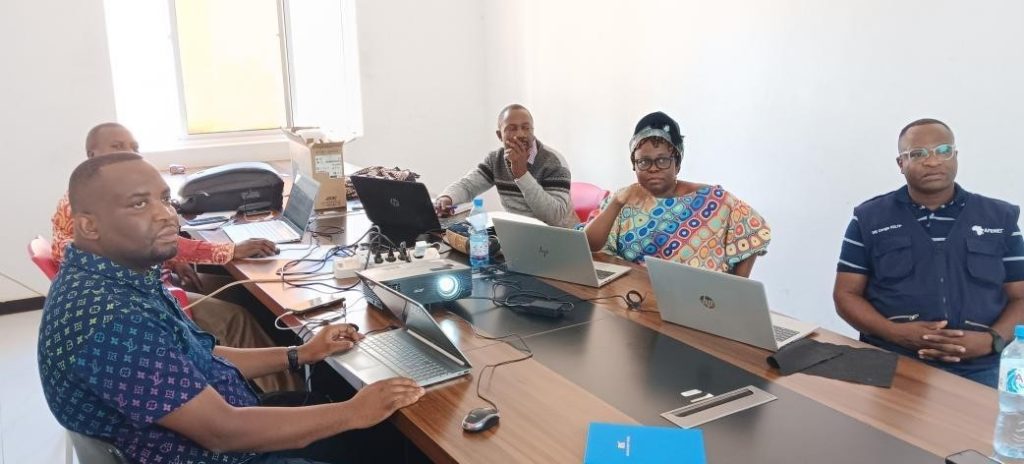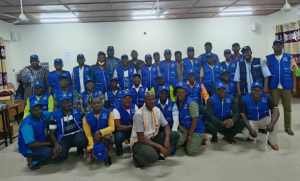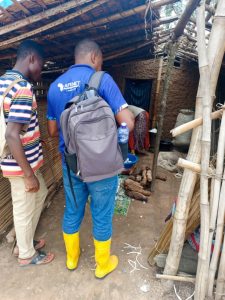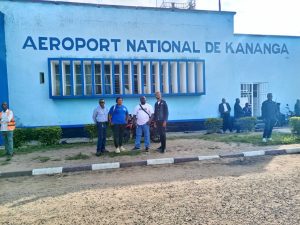Strengthening public health capacity through basic field epidemiology training in the Democratic Republic of Congo
-
by
AFENET
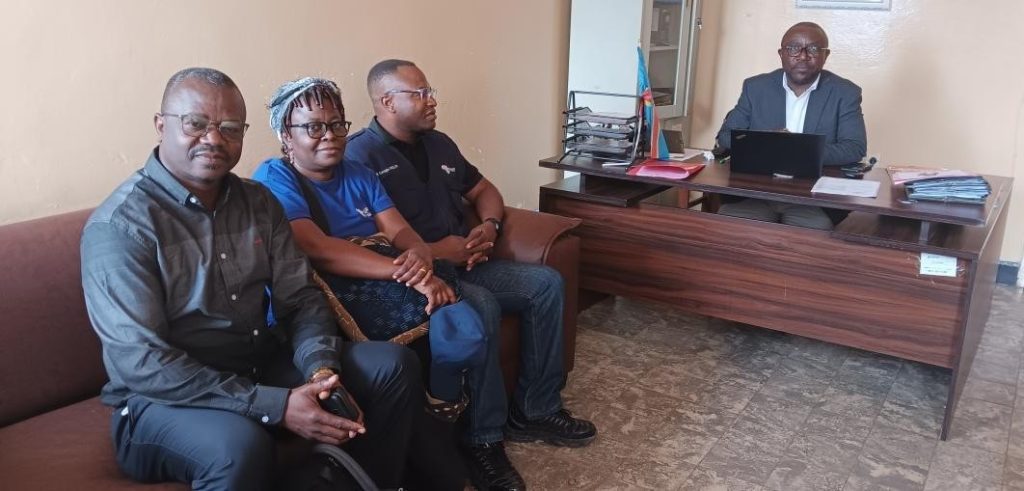
Strengthening Public Health in the DRC: Supervision of Basic Field Epidemiology Training Program Highlights Progress and Challenges
Lubumbashi, November 2024 — The Democratic Republic of Congo (DRC) continues to strengthen its public health workforce through the Basic Field Epidemiology Training Program (FETP-Frontline). From November 12 to 16, 2024, mentors of the 26th cohort under the PEPFAR-supported program conducted supervision visits in Haut Katanga and Lualaba provinces to assess participants’ progress and address challenges in the field.
The Basic Field Epidemiology Training Program, initiated in the DRC in 2016, is designed to equip public health professionals with essential skills for disease surveillance, outbreak investigation, and response. Participants engage in a combination of classroom learning and practical fieldwork, applying their knowledge to real-world public health challenges over the course of three months.
“Effective disease detection and control are impossible without a skilled workforce,” said Dr. Matadi Basadia Linda, one of the supervisors. “This program builds the capacity of public health workers at the grassroots level to identify and respond to public health threats.”
Supervision Findings
The supervision visit revealed notable progress but also highlighted significant challenges:
- Only 25% of participants’ deliverables had advanced as planned due to logistical and systemic constraints.
- Mentors provided crucial support, including feedback on deliverables and coordination with local health authorities to facilitate field activities.
- Key obstacles included delayed mission orders, limited access to computers, and resistance from some private health facilities to accommodate data collection efforts.
Despite these challenges, mentors reported that participants remained committed to the program. Many were actively involved in analyzing surveillance data, investigating outbreaks, and addressing public health issues in their respective health zones.
Proposed Solutions
During the visit, supervisors and mentors proposed actionable solutions to address the identified challenges, including:
- Enhancing collaboration with health authorities to expedite logistical processes.
- Providing participants with basic computer training and resources.
- Increasing supervision support to ensure consistent progress.
The third workshop, scheduled for December 2–6, 2024, will serve as a critical platform to review participants’ fieldwork and finalize their deliverables.
Building Public Health Capacity
Since its inception, the FETP-Frontline program in the DRC has trained over 24 cohorts of public health professionals, significantly contributing to the country’s capacity for disease surveillance and epidemic response. The 26th cohort’s training aligns with efforts to address the DRC’s unique public health challenges, including its vast geography and complex disease burden.
As the program progresses, stakeholders, including the Ministry of Public Health, AFENET-DRC, and PEPFAR, remain committed to addressing obstacles and ensuring the program’s success.
“This training is not just about capacity building; it’s about saving lives,” emphasized Dr. Mubenga Manshimba Gauthier, another supervisor. “By equipping our public health workforce with these essential skills, we are strengthening the foundation for a healthier DRC.
